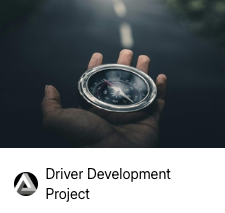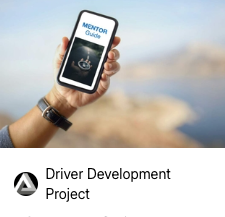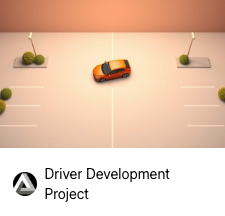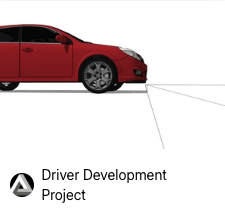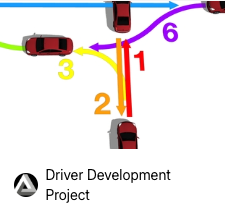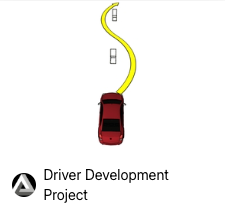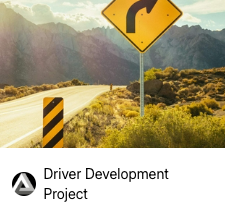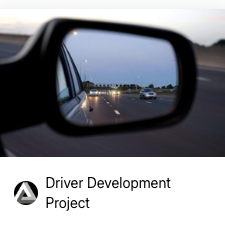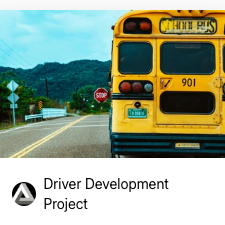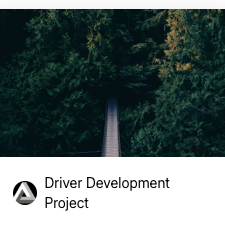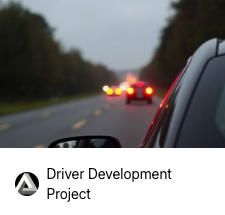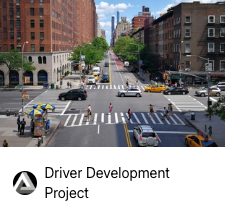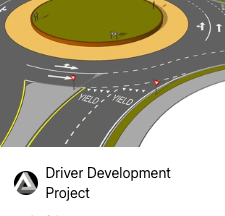What is safe Driving?

We believe safe driving is no accident (and no, we aren’t referring to outcomes, like “zero collisions” or “no tickets”).
Safe driving is not left to “chance” or something that “sort of happens by accident”, because that’s relying on luck. By definition, safe driving must be deliberate.
Safe driving is the deliberate activity of being aware, predictable, and smooth while driving.
Our courses are designed to significantly increase your safe driving activity and to help you see for yourself the difference between luck and safety in your own driving.
What Makes Our Content Unique?

Our online courses guide drivers (both novice and experienced) to develop and independently self-evaluate their own driving skills and behaviors.
Our courses help drivers stay focused on three primary characteristics of safe driving: being actively aware, predictable, and smooth while driving.
While each course is independent, all courses function well together as a whole. You can engage with courses that best suit your needs, at your own pace.
How Much Does It Cost?

– NO COST –
These courses are the result of a collaborative volunteer effort in Washington State to improve safe driving. All courses in this program are available to the public at no cost.
1. ORIENTATION
What’s the plan?
These two quick lessons let you know what the plan is and how you’ll know when you’re ready to move onto the next lesson.
Click the images to start learning!
2. Getting started
Parking Lot Exercises
While each course is independent, all courses function well together as a whole. We recommend each course in the order presented, but you may absolutely engage with whatever elements work best for you at this time!
Click the images to start learning!
3. Dealing with hazards
A hazard is anything that requires the driver to make a change. Regular, everyday driving involves navigating one hazard after another. Safe driving requires the ability to repeatedly anticipate hazards and respond to them in a way that is predictable and smooth. The foundational skill for dealing with hazards is developing and practicing the Safe Change Routine.
Click the images to start learning!

